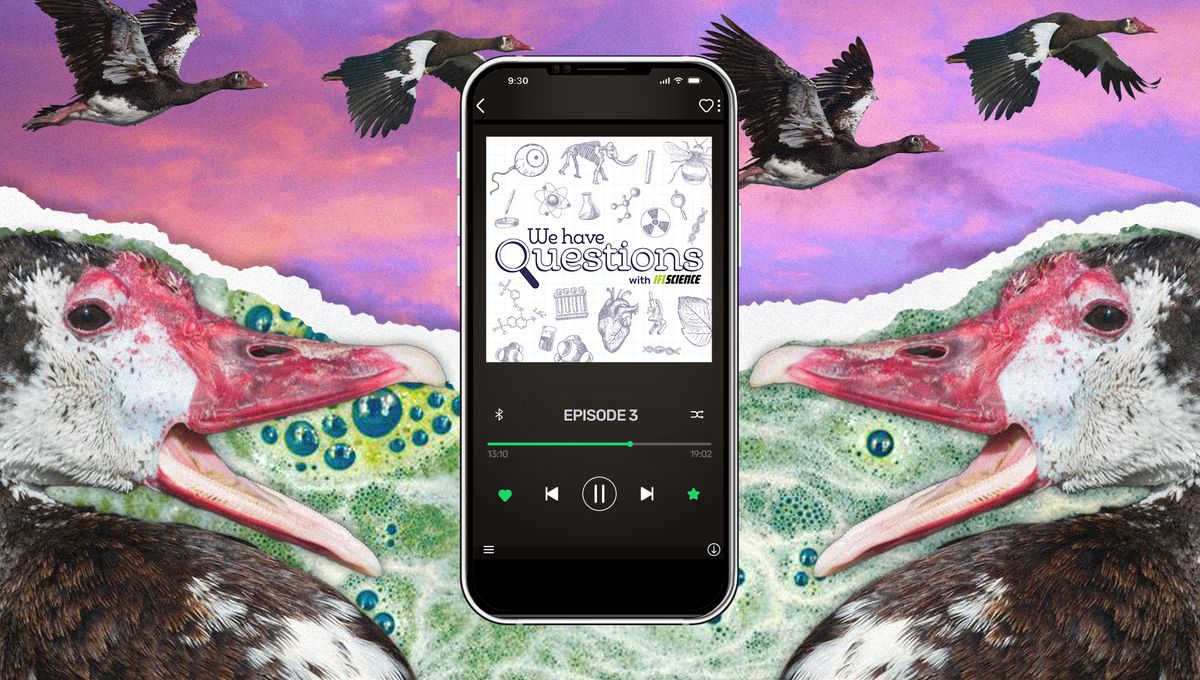
Geese are famously aggressive animals whose sassy attitude appears to be crucial to their social rank. Large in size with peculiar “geese teeth“, they can be scary, and yet despite this, 45 percent of Britons reckon they could take on a goose. It’s a curious question that got two naturalists wondering: isn’t it time someone did a podcast on how many animals you could take in a fight?
That’s just one segment of How Many Geese, a nature podcast headed up by Jack Baddams and Roddy Shaw that aims to bring comedy and science together. We caught up with the duo to find out how an expedition to Madagascar led them to podcasting, what sort of animals they’re fighting (theoretically), and what on Earth is up with the world’s biggest wild goose being poisonous.
You can listen to this episode and subscribe to the podcast on all your favorite podcast apps: Apple Podcasts, Spotify, Podbean, Amazon Music, and more.
Source Link: IFLScience We Have Questions: The Biggest Wild Goose Is... Poisonous?